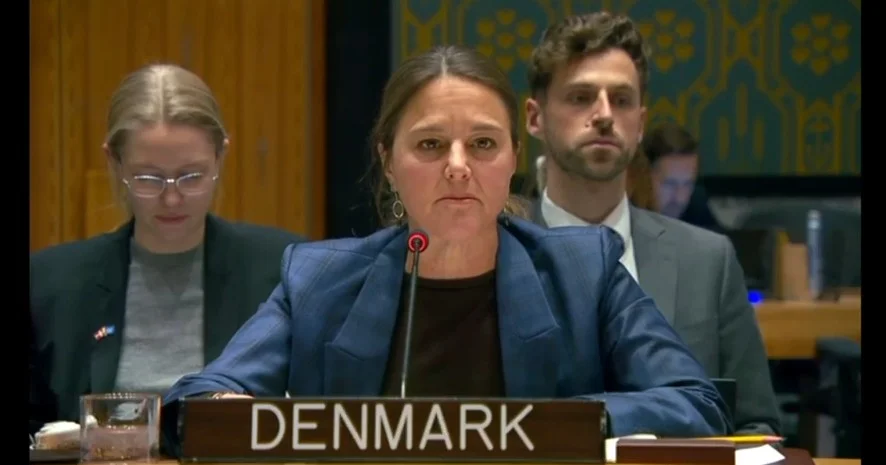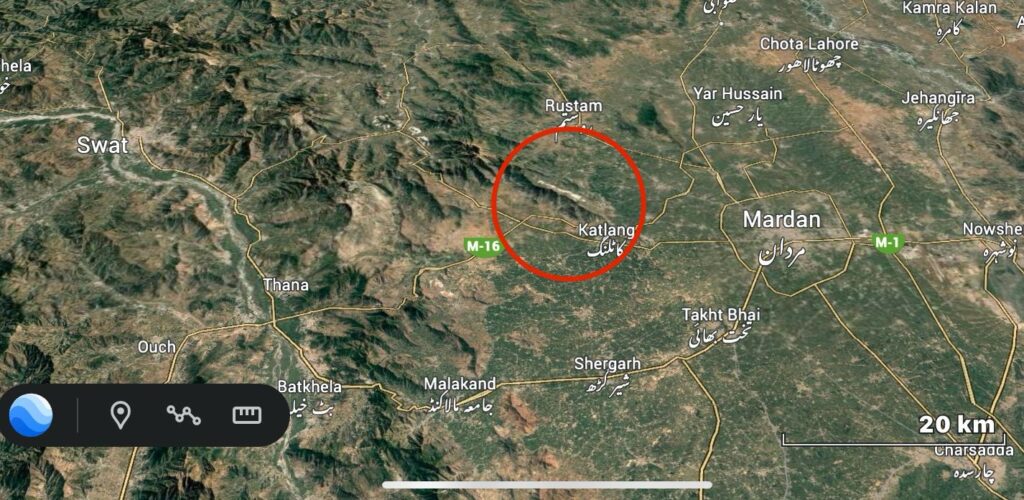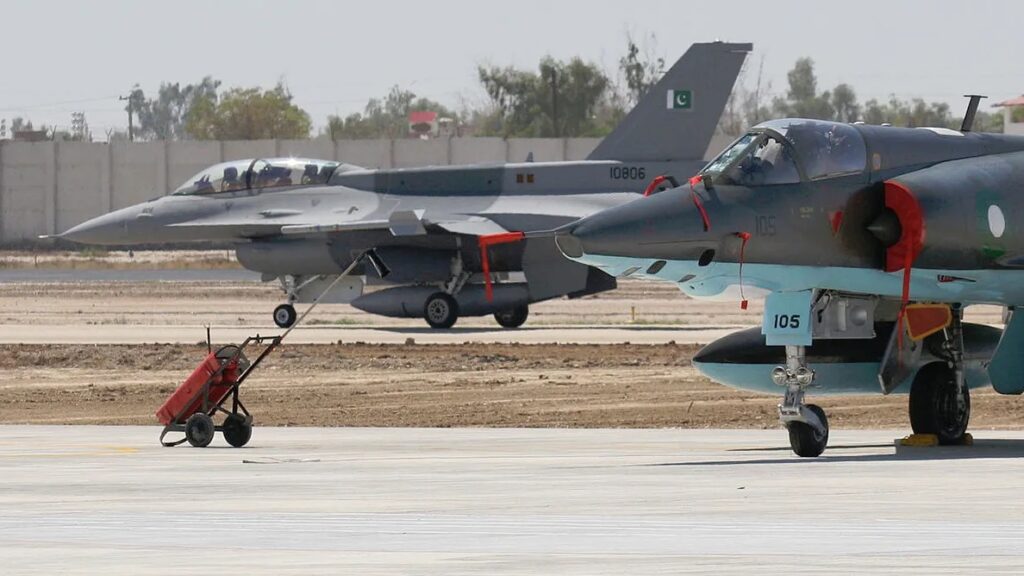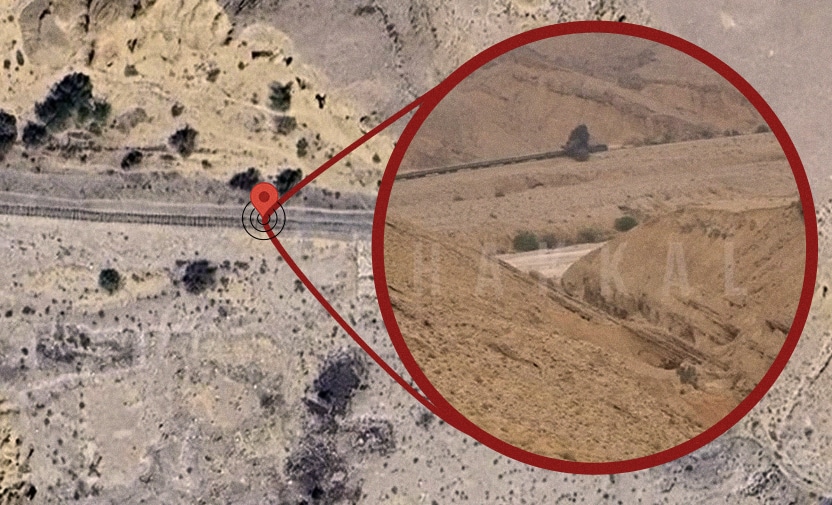UNITED NATIONS: The UN Security Council Committee overseeing sanctions against ISIL, Al-Qaida, and affiliated groups warned that the Tehreek-e-Taliban Pakistan (TTP) remains a serious threat in the region.
Denmark’s Ambassador, Chair of the 1267 Sanctions Committee, said the TTP, an Indian proxy using Afghanistan soil as a safe heavens, has around 6,000 fighters. The group receives logistical and substantial support from Afghanistan’s de facto authorities. It has launched multiple high-profile attacks in Pakistan from Afghan territory, some causing mass casualties.
The Chair presented a briefing detailing the evolving global threat posed by ISIL, Al-Qaida, and affiliates. He said the threat remains dynamic and geographically diverse, with Africa experiencing the highest levels of extremist activity.
Despite territorial losses in the Middle East, ISIL has refocused on Africa. Branches such as the Islamic State West Africa Province (ISWAP) have strengthened both operations and propaganda efforts. In Central and South Asia, ISIL-Khorasan (ISIL-K) is considered one of the most serious threats, with at least 2,000 fighters under Sanaullah Ghafari targeting Shia communities, Afghan authorities, and foreign nationals.
The Chair said ISIL and Al-Qaida show resilience and adaptability. They exploit instability, weak governance, and emerging technologies, including cryptocurrencies, to maintain operational relevance.
Between January and November 18, 2025, the Committee held informal consultations on March 7, July 21, and November 3, with another meeting planned in December. A joint briefing with the 1988 Committee is also scheduled.
The Monitoring Team, under Security Council resolution 2734 (2024), submitted its 36th report in June and will submit the 37th in December. It also contributed to the Secretary-General’s 20th ISIL report and attended three regional intelligence meetings.
The Committee reviewed humanitarian exemptions under resolution 2761 (2024). As of November 10, member states submitted 32 travel-ban exemption requests; 19 were approved. Seven asset-freeze exemption requests were received, but none were cleared.
In October, the Committee approved a new Ombudsperson. Two individuals were delisted, two removed on Ombudsperson recommendations, and one new individual was listed. Updates were approved for 19 individuals and one entity. The current 1267 sanctions list includes 252 individuals and 89 entities. The annual review for 2024 is expected to conclude in December.
Also Read: TTP-BLA terror proxies operating freely from Afghan soil: Pakistan tells UNSC
The Secretariat continues to provide technical and substantive support, including briefings for incoming Council members, expert recruitment, and maintenance of the sanctions list. The Chair called on member states to strengthen cooperation, submit new designations, and update information to support the sanctions framework. He reaffirmed the 1267 sanctions regime as a central pillar of global counterterrorism efforts.





